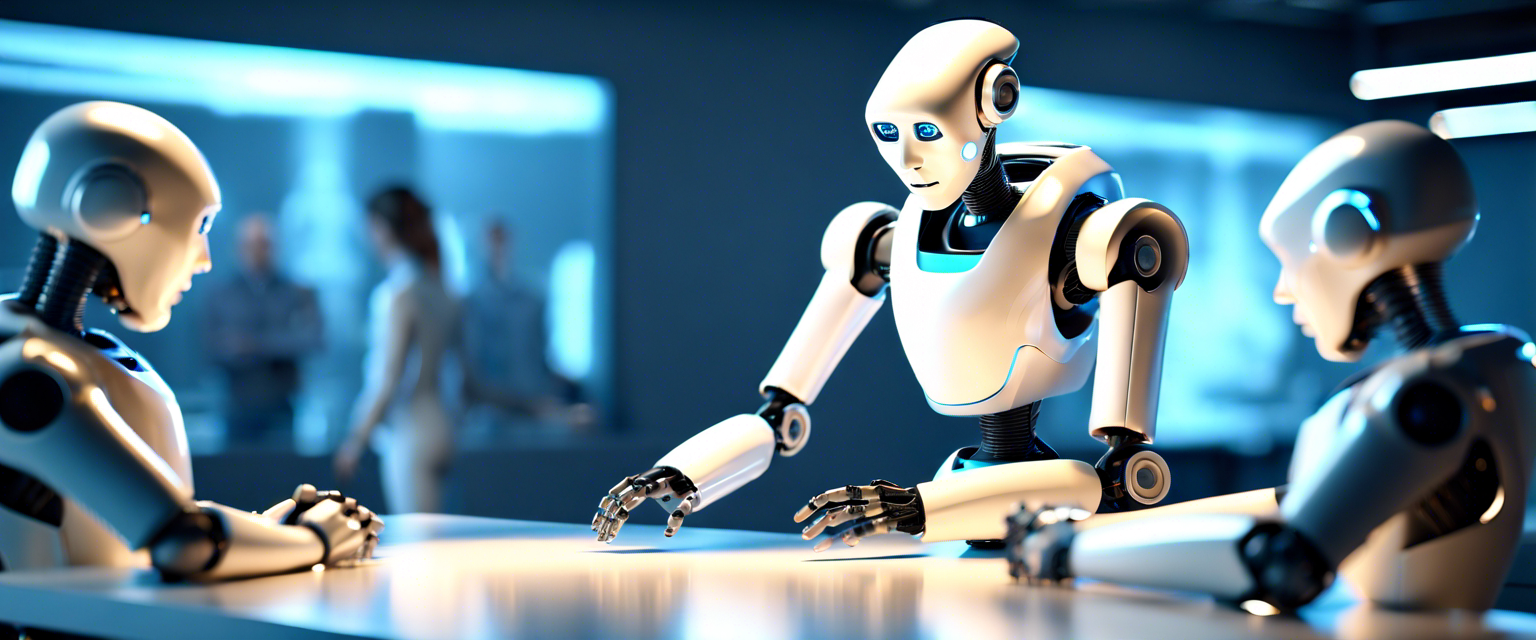A team of researchers from Center of Quantum Technologies at the National University of Singapore (NUS) proposed a Quantum algorithm to make the AI stronger and faster than existing one. The thinking process of computer is the analysis and relationship between large set of data. The research team shown that quantum computers can do these analysis faster than classical computers for a wider array of data types than was previously expected.
The study published in the journal Physical Review Letters, the NUS researchers proposed a quantum linear system algorithm, which would allow a much faster analysis of larger data sets through a quantum computer.
“The previous quantum algorithm of this kind applied to a very specific type of problem. We need an upgrade if we want to achieve a quantum speed-up for other data,” said study author Zhikuan Zha in a press release.
The first quantum linear system algorithm was proposed in 2009 by a different group of researchers. That algorithm kick-started research into quantum forms of machine learning, or artificial intelligence.
A linear system algorithm works on a large matrix of data. “There is a lot of computation involved in analysing the matrix. When it gets beyond say 10,000 by 10,000 entries, it becomes hard for classical computers,” explains Zhao. This is because the number of computational steps goes up rapidly with the number of elements in the matrix: every doubling of the matrix size increases the length of the calculation eight-fold.
for a 10,000 square matrix, the classical algorithm would take on the order of a trillion computational steps, the first quantum algorithm some tens of thousands of steps and the new quantum algorithm just hundreds of steps. The algorithm relies on a technique known as quantum singular value estimation.
“We’re maybe looking at three to five years in the future when we can actually use the hardware built by the experimentalists to do meaningful quantum computation with application in artificial intelligence,” Zhao said in the press release.
Now, Zhao and team are working on the proof-of-principle and planning for a demonstration of the experiments.




